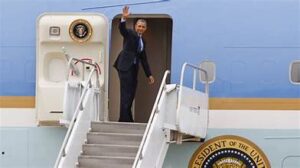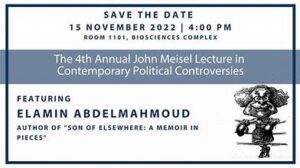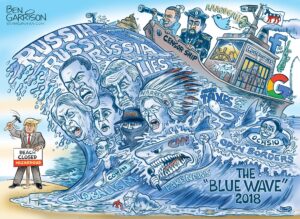
In August 2024, the world of politics has been abuzz with a range of controversies involving key figures who are making headlines across the globe. From unexpected policy shifts to scandalous revelations, these controversies are shaping public discourse and influencing political dynamics. This article delves into the most talked-about political figures this month, exploring their controversies and the broader implications for their careers and the political landscape.
1. Senator Julia Rodriguez and the Immigration Policy Scandal
Senator Julia Rodriguez, a prominent figure in U.S. politics, has found herself at the center of a major controversy this August. Rodriguez, known for her outspoken stance on immigration reform, is facing scrutiny over allegations of mismanagement and corruption related to her immigration policy initiatives. Reports have surfaced suggesting that Rodriguez’s office may have been involved in unethical practices, including the misuse of funds intended for immigrant support programs.
The controversy began when a whistleblower from Rodriguez’s team leaked documents indicating potential financial discrepancies. The senator has vehemently denied any wrongdoing, calling the allegations baseless and politically motivated. This scandal has sparked a heated debate about the integrity of public officials and has led to calls for a thorough investigation.
2. Prime Minister Aiden Brooks and the Environmental Policy Debate
In the United Kingdom, Prime Minister Aiden Brooks is facing backlash over his recent environmental policy decisions. Brooks, who has championed aggressive climate action, is now being criticized for his government’s handling of a controversial new green energy project. The project, intended to boost renewable energy production, has been accused of causing significant environmental damage and disrupting local communities.
Environmental activists and opposition politicians have criticized Brooks for failing to adequately assess the environmental impact of the project and for not engaging with affected communities before moving forward. Brooks has defended the project, arguing that it is crucial for the UK’s long-term sustainability goals. This debate highlights the tension between ambitious environmental policies and practical implementation challenges.
3. President Juan Morales and the Economic Crisis Response
In Latin America, President Juan Morales of Brazil is under intense scrutiny over his administration’s response to a severe economic crisis. The crisis, marked by soaring inflation and widespread unemployment, has led to widespread protests and public discontent. Morales, who has been criticized for his handling of the economic downturn, is facing accusations of ineffectiveness and corruption.
Opposition leaders have accused Morales of failing to implement meaningful economic reforms and mismanaging financial resources. In response, Morales has argued that the crisis is the result of external factors beyond his control and that his administration is working diligently to address the situation. The economic crisis and Morales’s response are fueling political instability and raising questions about the future direction of Brazil’s economy.
4. Chancellor Emilie Dubois and the Education Reform Controversy
In France, Chancellor Emilie Dubois is embroiled in a heated controversy over her proposed education reforms. Dubois’s plan to overhaul the national education system has been met with strong opposition from teachers, parents, and students. Critics argue that the proposed changes are too radical and could undermine the quality of education in France.
Dubois has defended her reform agenda, arguing that it is necessary to modernize the education system and better prepare students for the future. However, the controversy has sparked widespread protests and debates about the role of education policy in shaping the future of French society. The outcome of this controversy will likely have significant implications for Dubois’s political career and the broader education landscape in France.
5. President Xi Wen and the Human Rights Allegations
In China, President Xi Wen is facing international criticism over human rights allegations. Reports of widespread human rights abuses in several regions of China have led to increased scrutiny of Wen’s administration. The allegations include accusations of repression, censorship, and violations of basic freedoms.
The Chinese government has denied these allegations, accusing foreign critics of interfering in China’s internal affairs. However, the controversy has strained diplomatic relations between China and several Western countries, leading to calls for greater accountability and transparency. The situation is highlighting the ongoing tensions between China and the international community over human rights issues.
Conclusion
August 2024 has been a month marked by significant political controversies involving some of the most prominent figures in global politics. From scandals and policy debates to economic crises and human rights allegations, these controversies are shaping the political narrative and influencing public opinion. As these issues continue to develop, they will undoubtedly have lasting impacts on the political landscape and the careers of those involved.


